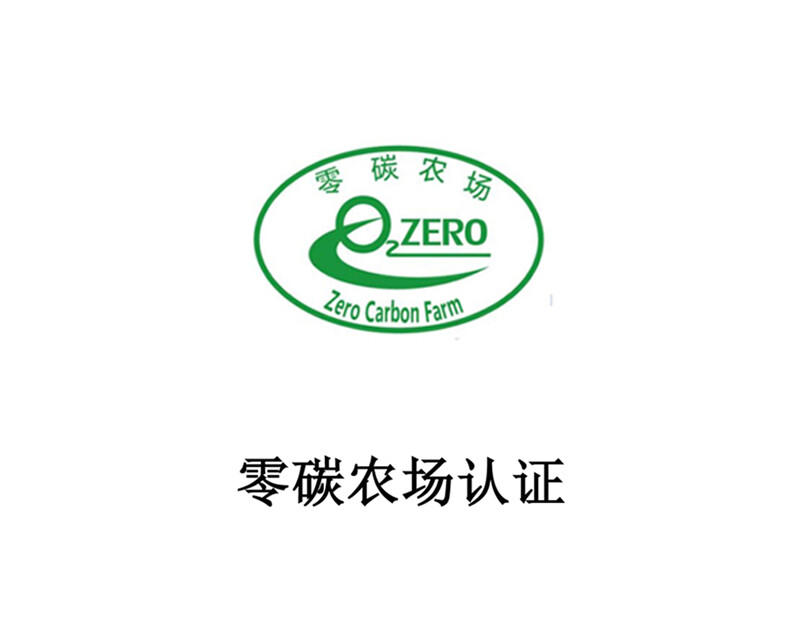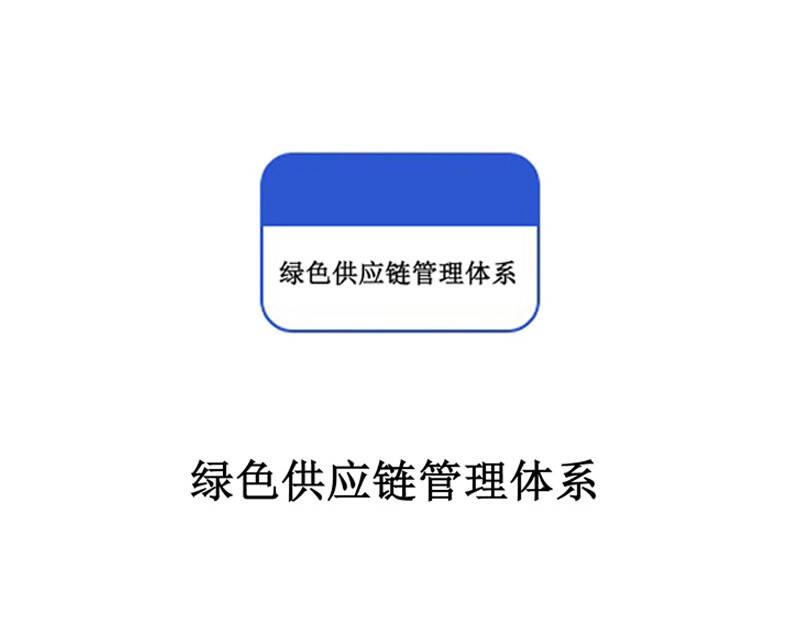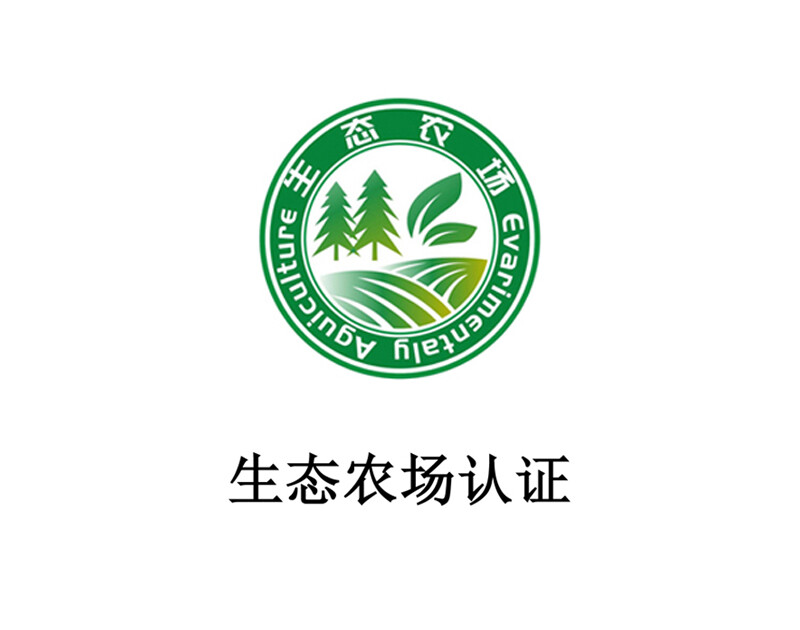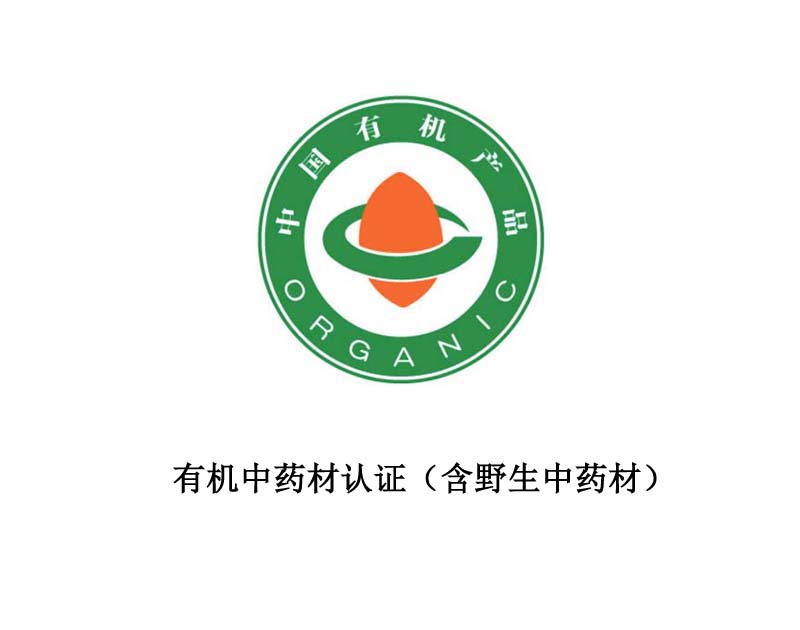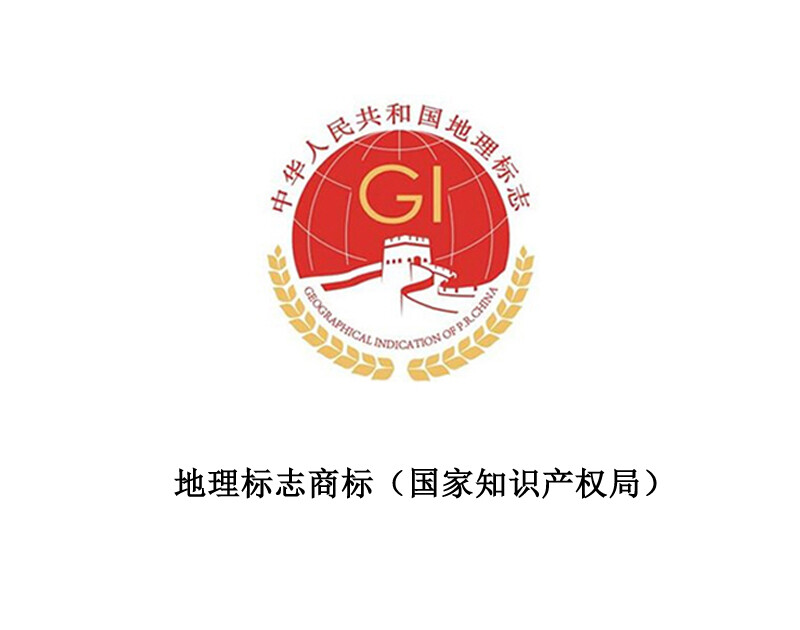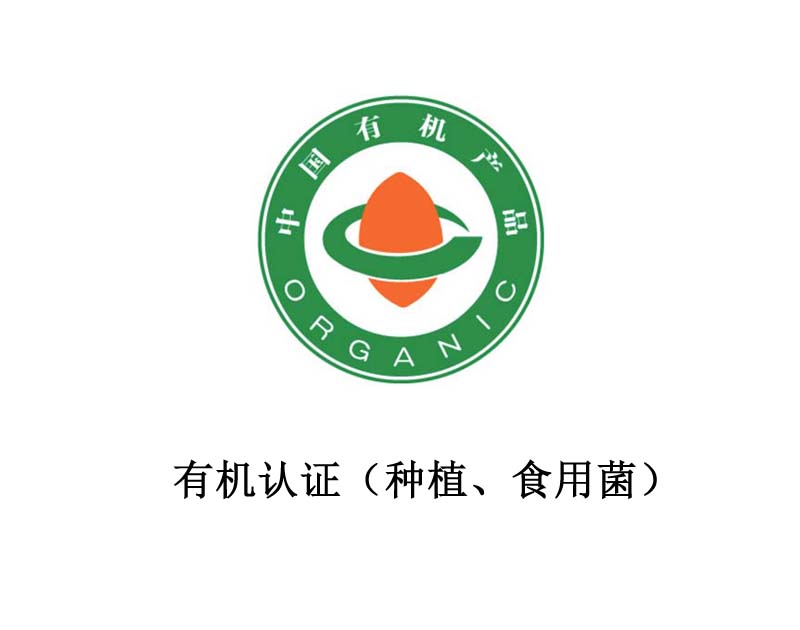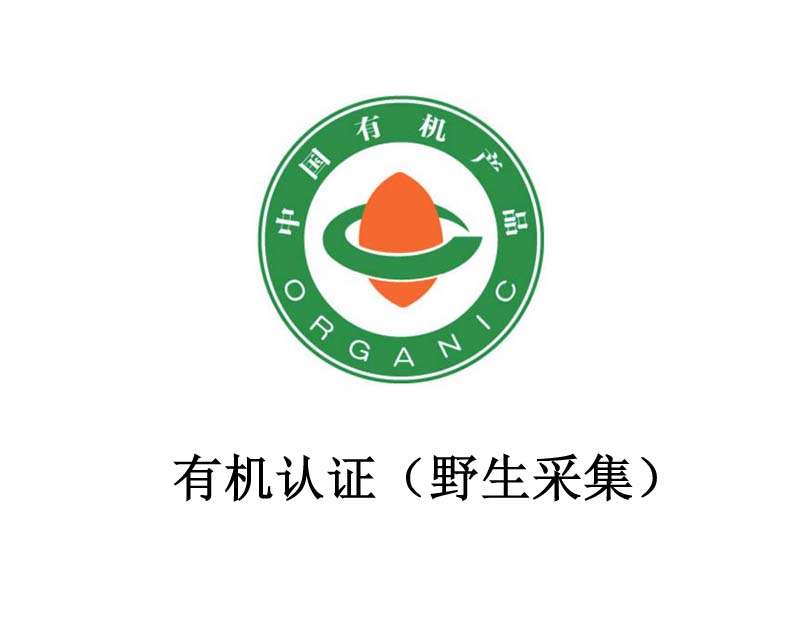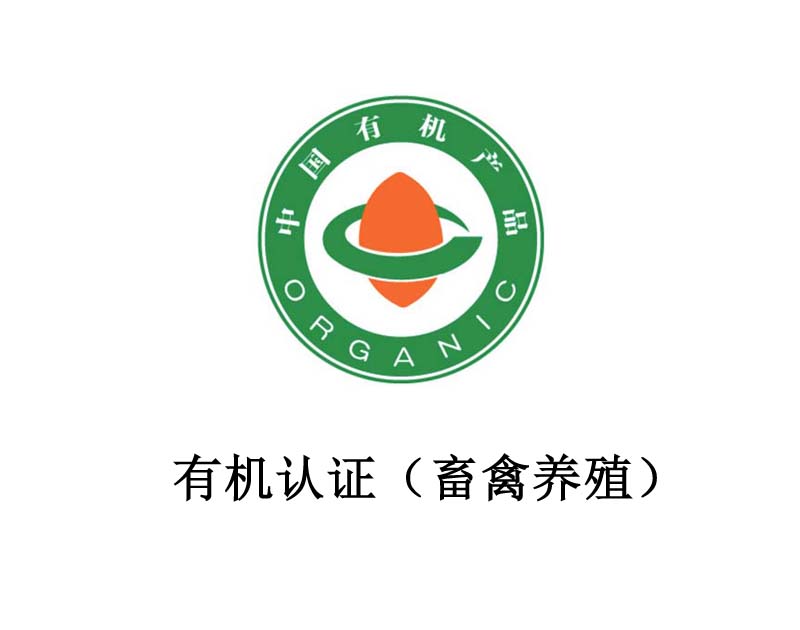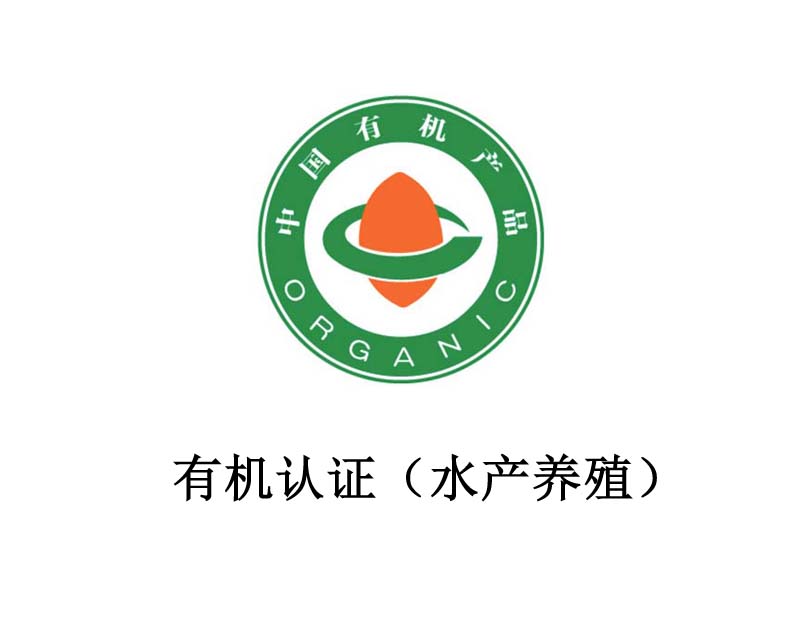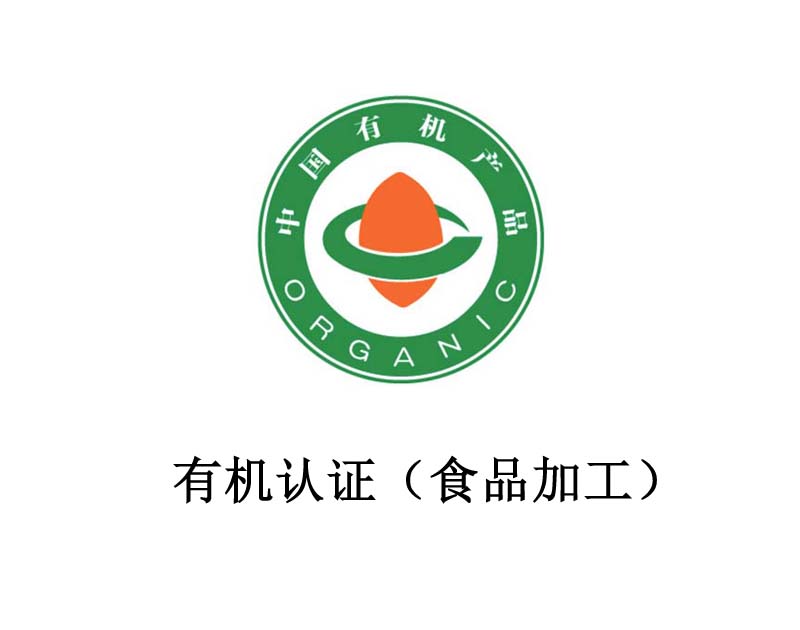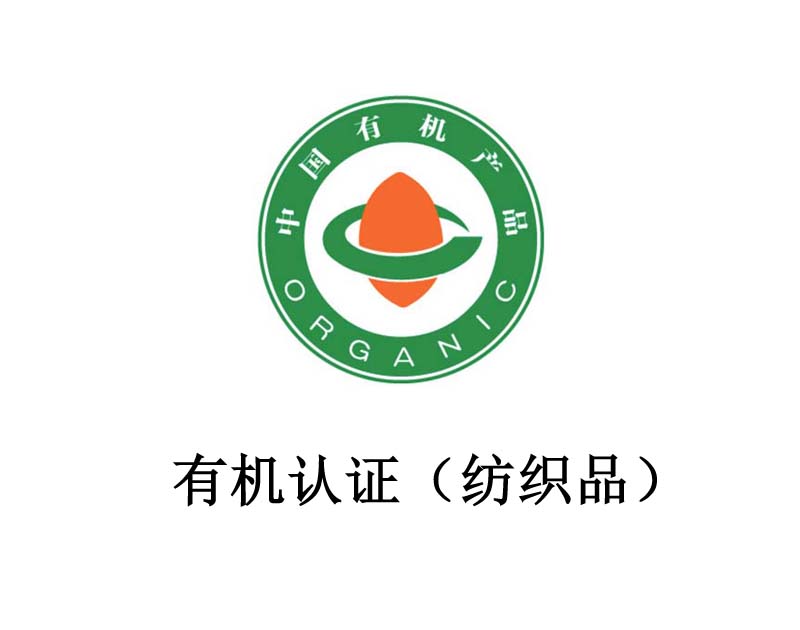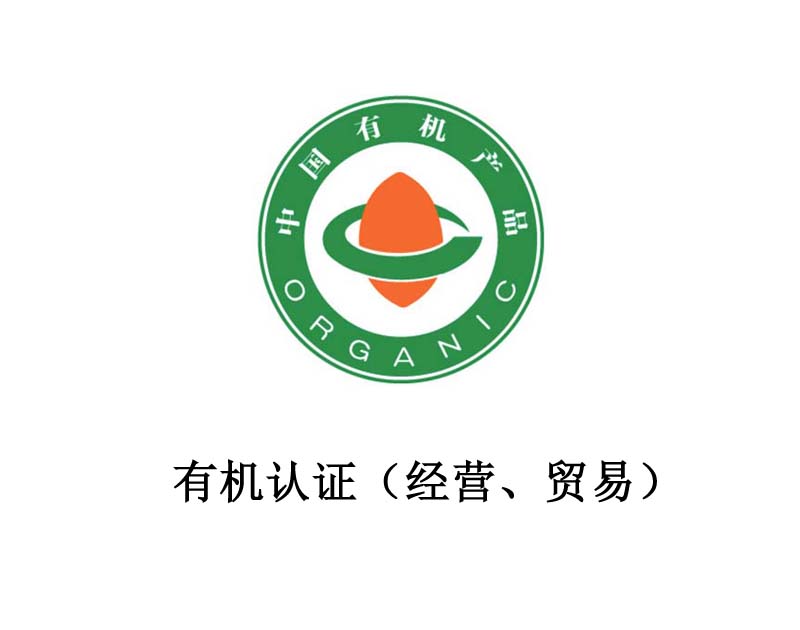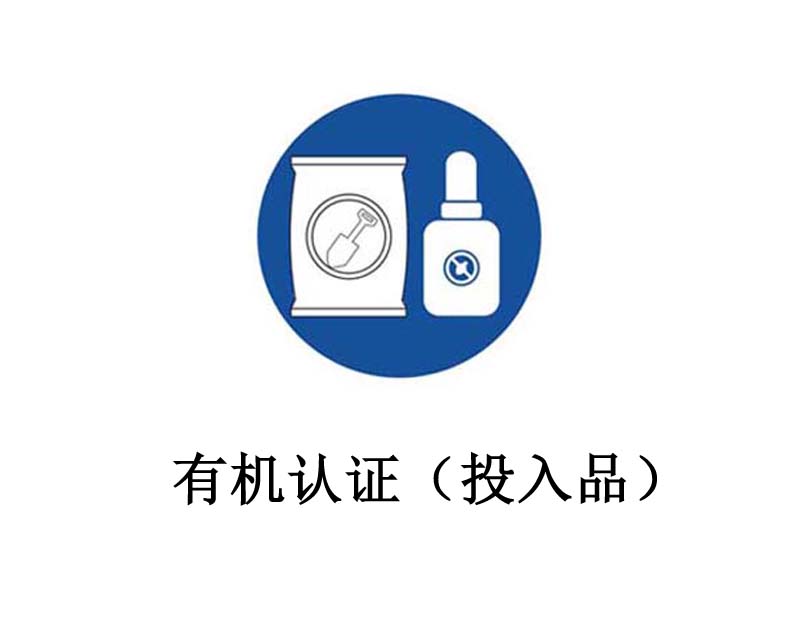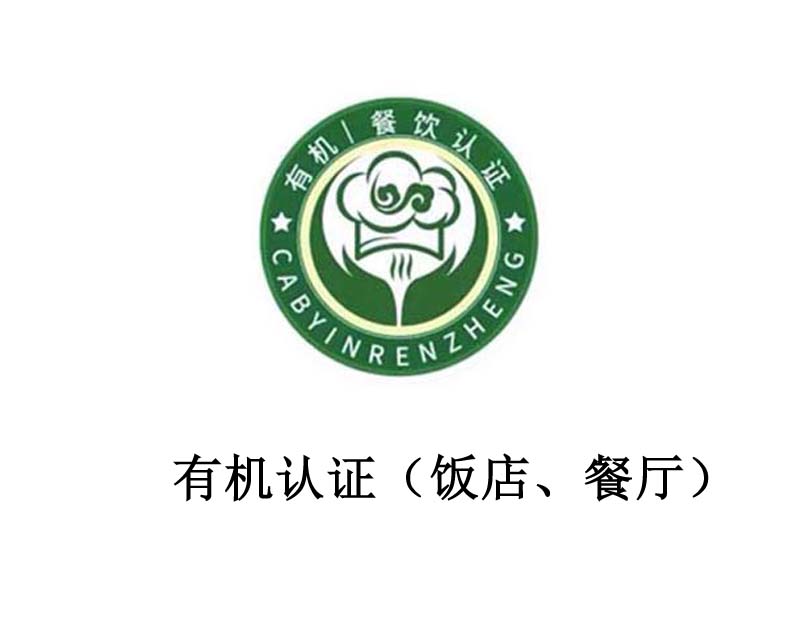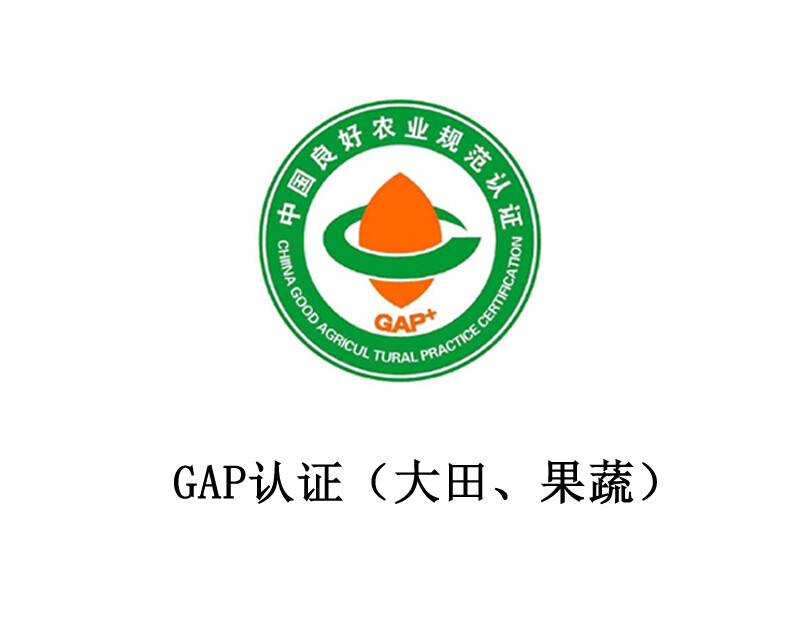Agricultural Product Food Certification Service Network
Technical Support: China Green Huaxing (Beijing) Agricultural Research Institute
Copyright: Guohuan Organic Agricultural Products (Dezhou) Co., Ltd
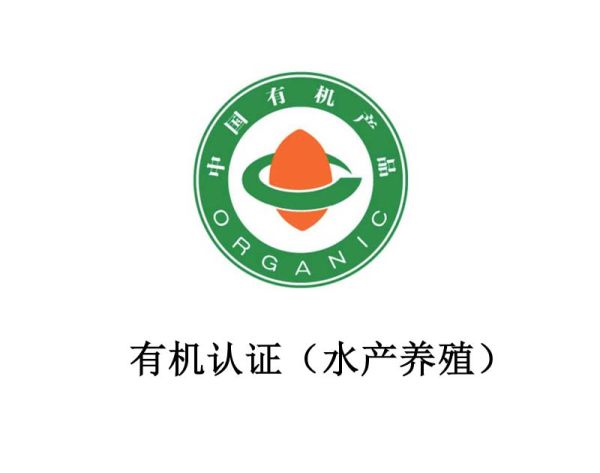
Organic product certification (aquaculture)
Organic product: refers to products that are organically produced and processed for human consumption and animal food.
Brief introduction to organic aquatic product certification:
1. Conversion period: Non-open water farms must undergo a conversion period of at least 12 months. There is no conversion period for wild fisheries, and organic certificates are issued directly if the water is not polluted and the ecological balance is maintained.
2. Cultivation period: All introduced aquatic organisms should be cultivated organically for at least the last two-thirds of the cultivation period.
3. Feed requirements: The feed for organic aquaculture should be organic and wild. When the quantity or quality of organic or wild feed cannot meet the demand, non-GMO conventional feed can be fed at a maximum of 5% of the total feed.
4. Requirements for medication: After using conventional fishery drugs, the fish can continue to be sold as organic aquatic organisms only after a period of twice the drug-free period has passed.
The list of application materials for organic aquatic product certification includes but is not limited to:
1. Business license and breeding license issued by the fishery department;
2. The lease contract for the water area and the layout map of the water area;
3. Closed waters require environmental protection permits and environmental testing of fishery water quality.
4. List of heads of departments and equipment.
5. List of bait formulas and purchase receipts, list of vaccines and fish medicines and purchase receipts.
6. For wild fishing, submit the certification document of the local competent authority’s consent for wild fishing operations.
[Preparation work before applying for organic certification] includes but is not limited to:
1. Establish a leadership team (organic product leadership team);
2. Learn to write 2 sets of documents (quality manual and operating procedures);
3. The base implements 1 test: fishery water quality;
4. The base shall establish four lists: 1) a list of base personnel, 2) a list of agricultural equipment, 3) a list of investment inputs (bait, fish medicine, etc.), and 4) a list of laws and regulations applicable to the certification of this enterprise;
5. Establish and improve production archive records:
1) Standards and agricultural technology training records;
2) Agricultural records (including feeding, disease control, fishing, etc.);
3) Cleaning records of equipment and tools;
4) Recall drills and product quality complaint records;
5) Internal inspection records and internal inspection reports;
